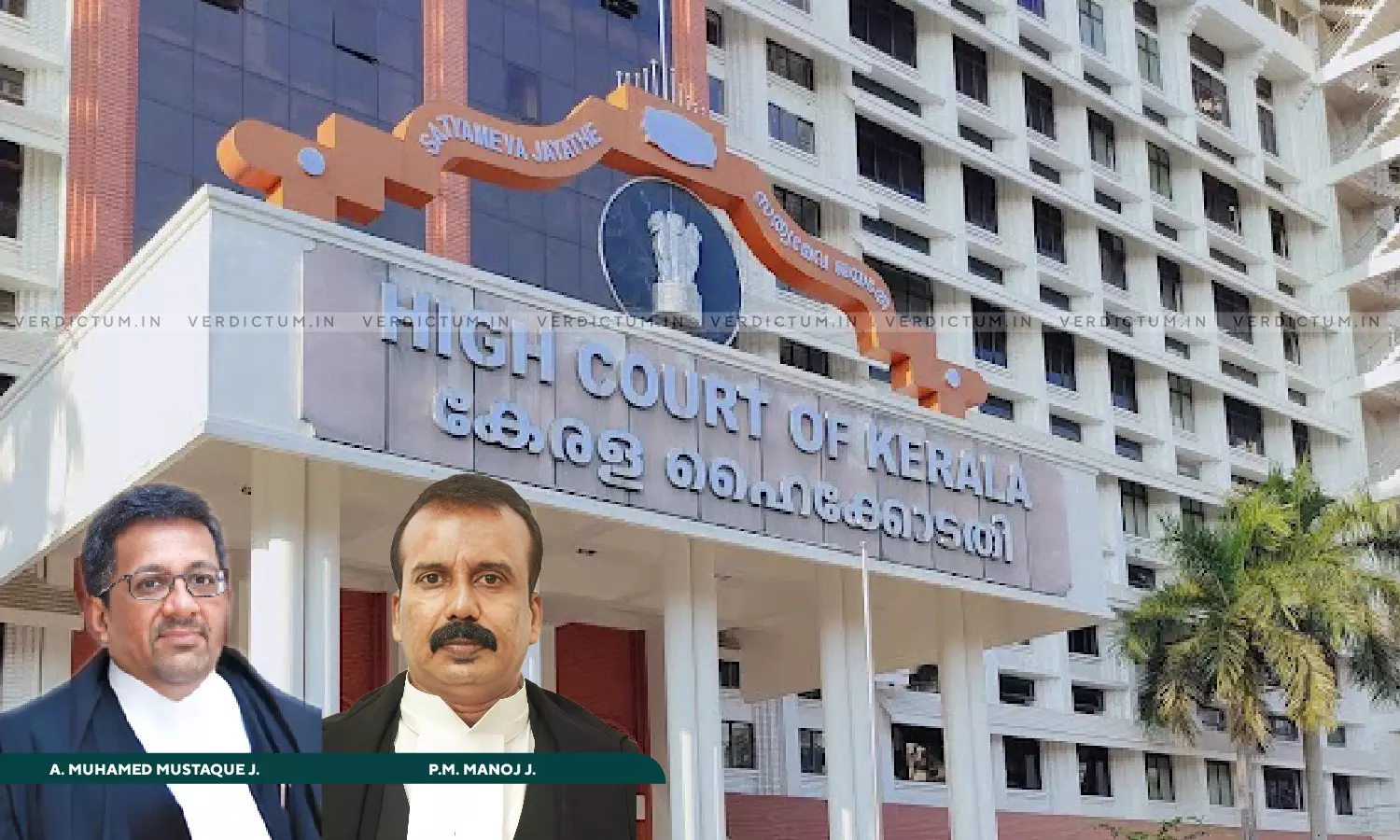
Constitutional Courts Are Not Equipped To Handle Specialised Fields Or Subjects; Specialised Tribunals Needed: Kerala HC
 |
|The Kerala High Court observed that there is a need for specialised tribunals as Constitutional Courts are not equipped to handle specialised fields or subjects.
The Court said that the implementation of the law can involve multiple dimensions, including market, economic, environmental, social, and political aspects and the intersection of law with specialised areas necessitates a nuanced approach that focuses on the impacts resulting from the enforcement of such laws—something that traditional constitutional courts typically cannot address effectively.
The Court was hearing a Writ Appeal challenging clause (a) of the second proviso to Regulation 6 of the Telecommunication (Broadcasting and Cable) Services Interconnection (Addressable Systems) Regulations, 2017, along with the Telecommunication (Broadcasting and Cable) Services (Eighth) (Addressable Systems) Tariff Order, 2017.
The bench of Justice A Muhamed Mustaque and Justice PM Manoj observed, “There is a need for specialized tribunals because constitutional courts are not equipped to handle specialized fields or subjects.”
Senior Advocate Amit Sibal appeared for the Appellant and Solicitor General of India Tushar Mehta appeared for the Respondent.
The Court noted that in Star India Private Limited v. Department of Industrial Policy and Promotion and Others (2019), the Supreme Court ultimately upheld the validity of the regulation while observing that the Court cannot entertain a challenge to the same regulation as it would amount to reopening the judgment of the Supreme Court.
The Court while differentiating between precedent and res judicata observed, “Res judicata pertains to the parties involved in a particular case, while precedent refers to a binding declaration of law that applies to courts or authorities and is independent of the rights and obligations of the parties involved.”
“…precedent falls within the category of case law in the hierarchical system of adjudication and serves as a source of law that binds inferior authorities to the legal declarations made by superior authorities. The binding nature of precedent brings in certainty of law to be followed by all courts and authorities. In contrast, res judicata pertains to judgments on the same issue.”, the court explained further.
Accordingly, the Court granted the Appellants the liberty to challenge the Tariff Order before TDSAT.
Finally, the Court dismissed the Writ Appeal.